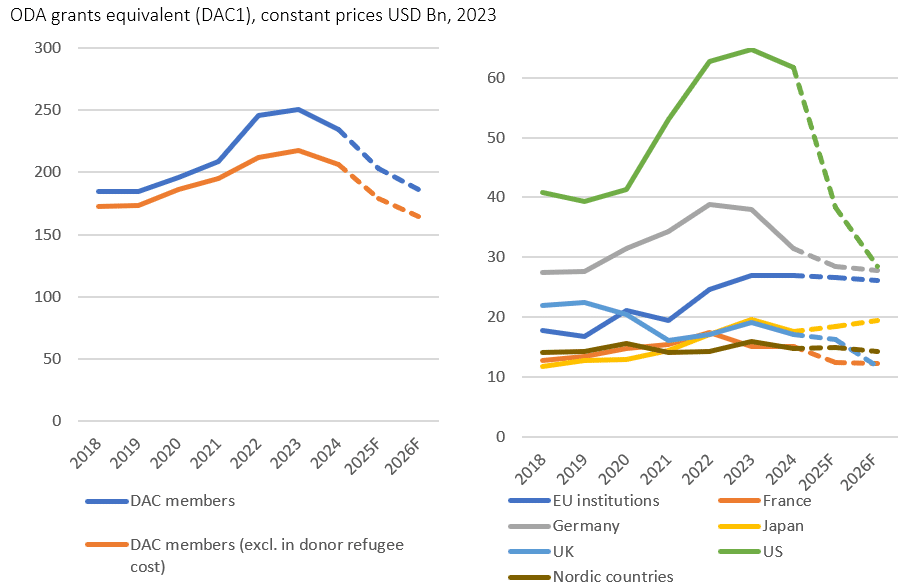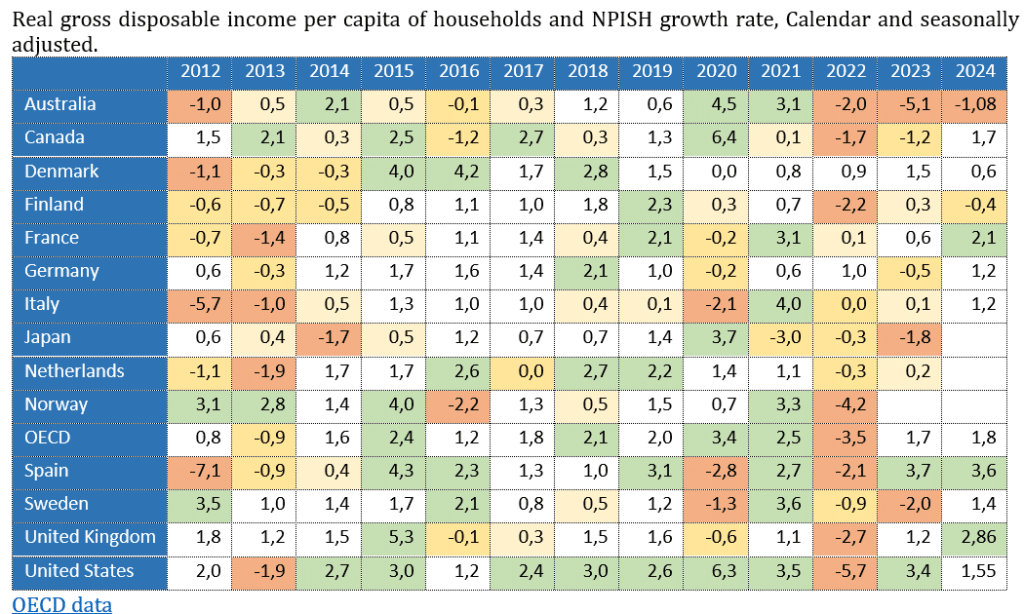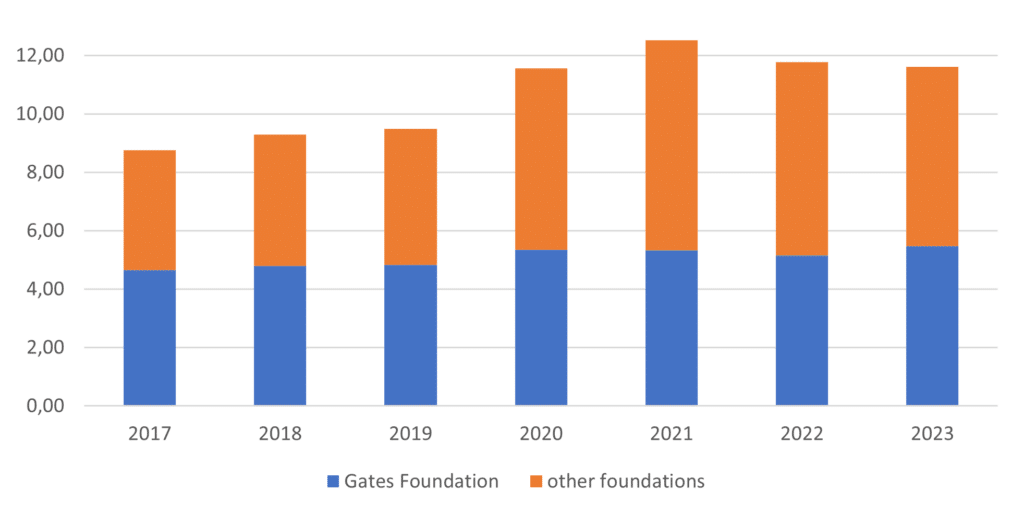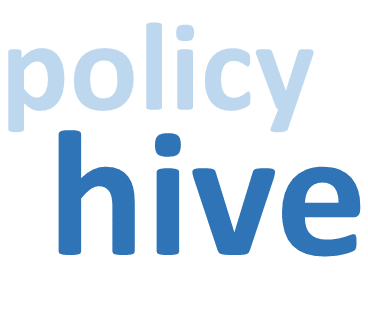The year to come might be the most challenging one in the history of NGOs. All three key sources of NGO funding – households, public funding, philanthropies – are under stress. The political context could not be more hostile and depressing for NGOs, with shrinking civic space, the rise of far right movement and the criminalisation of activism. The funding crisis that is hitting the NGO world is likely to enhance the on-going debate around business models and diversification of funding.
An increasingly hostile political environment
Recent reports by Amnesty, Civicus and the UN all confirm the rise of repression against NGO activism. The Trump Administration’s anti-immigrant, anti-civil society, anti-rule of law rhetoric echoes the far right movements spreading across Europe: policies aiming at de-funding NGO advocacy, criminalising NGO activism and protest, weaponisation of law to silence NGOs.
All three sources of NGO funding are under stress
NGOs barely recovered from the 2020-2022 COVID-19 crisis – which disproportionally hit their funding structure compared to for-profit businesses – and from the inflation burst that followed in 2021-2023. And yet, they are back in the eye of a storm, with a multi-front set of challenges driving by economic uncertainty and geopolitical risks.
The inflation burst appears to be over. That might be the only positive news on the horizon. For the rest, and for now, the economic prospects remain very uncertain. All three key sources of NGO funding – households, public funding, philanthropies – are under stress.
Official Development Assistance to be cut by almost USD50bn in the next two years
The main funding shock is coming from public donors and from Official Development Assistance (ODA) budgets. While much of public attention is focussed on the Trump Administration decision to dismantle the USAID, funding cuts from other major ODA donors were already engaged in 2024 as reported by the OECD.
Overall, based on data provided by Donortracker.org, total ODA should fall from USD234bn in 2024 to USD203bn in 2025 and USD186bn in 2026. Between 2024 and 2026, ODA is expected to decrease by -20% or USD48bn.
The NGOs most likely to be severely impacted by the cuts in ODA are the purely humanitarian and emergency NGOs. NGOs with a more balanced funding mix should be less directly impact, and pure players of advocacy and activism the least. However, the fall in ODA will send shock waves across the NGO ecosystem.
ODA Flows 2018-2024 & forecasted 2025-2026

Households and other private individuals
It is difficult to predict how GDP growth forecasts will translate into household disposable income growth. Yet, the latest data suggest that household income remains under pressure.
The picture is definitely of concern when looking at recent reports on individual givings to charities. Survey reports covering the UK and the US confirm the downward trends in individual givings that started with the Covid-19 pandemic in 2020-2021.
The only positive aspect is the end of the inflation burst that greatly eroded the value of regular donations in real terms in 2022-2024.
Gross household disposable income across OECD economies 2012-2024

Private Foundations
Private institutional donors, and foundations in particular, have become a major source of income for NGOs and for INGOs in particular. There too however, the prospects are not too reassuring. Private foundations’ foreign aid flows have been stagnating since 2021 and in fact slightly decreased to USD11.6bn in real terms in 2023.
The concern is quite high with regard to US private foundations. The Trump Administration undoubtedly exerts a chilling effect on several private foundations set up by billionaires and digital tycoons who are wanting to keep good relations with the Administration to protect their own business.
Disburments by private foundations 2017-2023
constant prices USD Bn, 2023

Rethinking the role of NGOs in a shrinking aid landscape.
The funding crisis that is hitting the NGO world is likely to enhance the on-going debate around business models and diversification of funding sources in an increasingly competitive environment.
